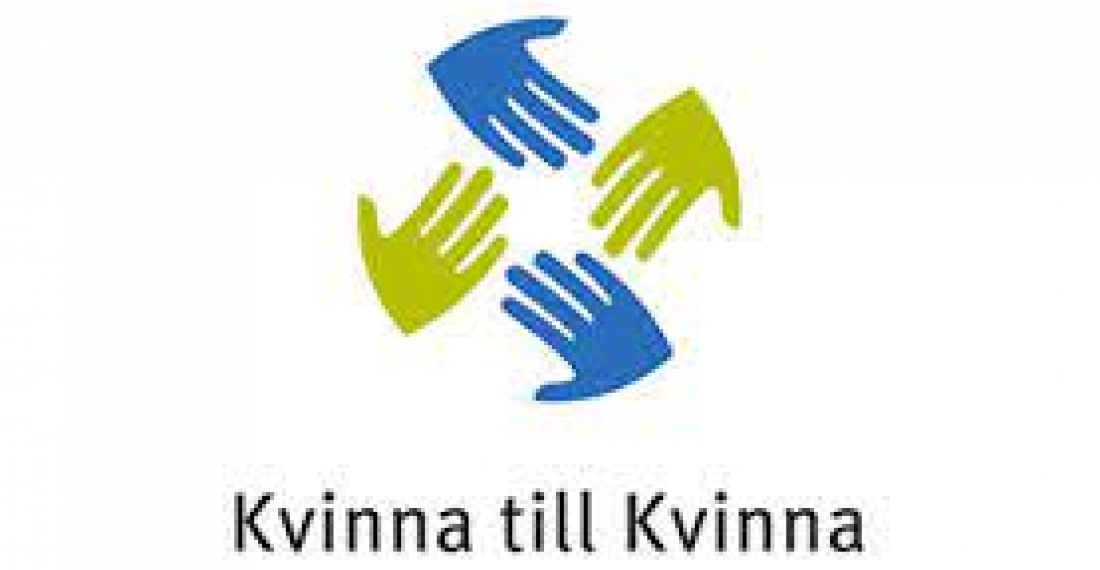Building on a 2019 report on the “gendered effects” of the Nagorno-Karabakh conflict, the Stockholm-based women’s rights foundation Kvinna till Kvinna has released a new report on the difficulties women face in accessing benefits in Azerbaijan, Armenia, and Nagorno-Karabakh.
Some key findings include that it is primarily women who apply for benefits, reflecting cultural attitudes that it is a “woman’s work” to care for the family; access to information is complicated by digital illiteracy, economic and cultural barriers to social mobility, and inadequate public information campaigns; and bureaucratic, patriarchal structures that are insensitive to the priorities and concerns of women. Simultaneously, the report writes that ‘the reality of women’s lives is that it is uncommon for women to think about their own needs’, manifesting itself in focus group discussions where women were ‘overwhelmingly [...] reluctant to talk about themselves and their problems.’
Key recommendations of the report include providing ‘political, financial and technical resources to civil society organisations to mobilise, strategise, build solidarity and undertake evidence-based advocacy and messaging efforts’; ‘working with the local authorities to strengthen transparency and accountability in distributing benefits’; increasing the number of women working in government structures; and working with local authorities and the media to ‘raise public awareness of the availability and processes to access benefits’, with attention also paid to women with disabilities, single mothers, mothers of disabled children.
The policy paper was dedicated to the memory of Avaz Hasanov, a long-time peacebuilding activist, who died tragically a short time after providing his valuable input as a key informant of the policy paper.
Read the full report here.



